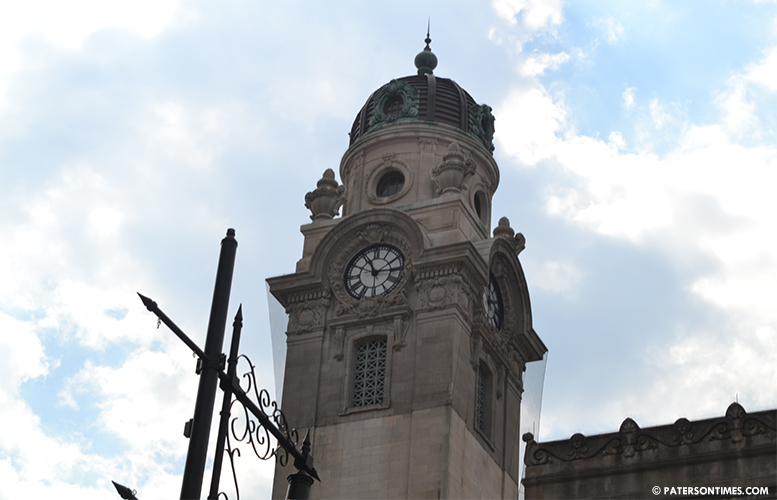The city is attempting to unload $18.9 million in delinquent taxes and sewer charges in a tax lien sale.
Tax collector’s office which prepares the certificates for sale was granted the authority on Tuesday evening to auction off tax liens on 389 properties that have not kept current on sewer and property tax bills.
Among the delinquent properties that owe the city money are several churches. Assembly Holy House of Prayer, 62 Arch Street, owes the city $15,000, according to document from the tax collector’s office.
The church missed a tax payment for $2,040 in 1995 that has accrued $7,213 in interests, bringing the owed total for the more than decade old tax payment to $9,253. The church also owes $6,000 in sewer charges from unpaid sewer bills from 2003 to 2014.
“If you are selling those tax liens, ultimately we wind up having to refund them,” observed William McKoy, 3rd Ward councilman.
Houses of worship are exempt from taxation, but they are required to pay water and sewer charges. “They are required to pay sewer charges,” said Charles Thomas, business administrator. “If they had filed the appropriate documentations to qualify as an exempt entity and all of that has been vetted, they should have received that exempt status otherwise that property does become taxable.”
Why is the city just now, 11-year later, selling a tax lien on that property, asked McKoy. The 3rd Ward councilman pointed out other properties that owed taxes going back half-a-decade, but liens were not sold on them.
“Don’t we have these tax sales every year?” asked McKoy. “Why weren’t they sold prior to now?”
McKoy asked why liens were not sold on these properties at the end of each year when the city figures out which properties have been delinquent on taxes.
The business administrator asserted that sometimes a lien may be offered, but this doesn’t mean someone will purchase it. “It may not have been purchased, someone may not have bid on that lien, and so it remains and accrues interest,” answered Thomas.
Ruby Cotton, 4th Ward councilwoman, said she attended a lien sale last year. “What I discovered was that a lot of properties would not be bought,” said Cotton. “What they’d do is look at the site before bidding.”
“I’m not sure it was lack of interest or it wasn’t offered. This doesn’t say it was offered and all these years nobody bought it,” observed McKoy. The tax collector’s office provided a 92-page document listing every tax delinquent property that is set to be certificated and sold.
“I can’t see someone walking away from a $23,000 lien on a solid property in the 2nd Ward,” remarked McKoy about 52 Berkshire Avenue.
That property has not paid taxes since 2011 and sewer charges since 2012 yet a lien was not sold on that property.
McKoy appeared to suggest that despite holding a lien sale every year the city was not putting up all the delinquent properties, but rather was selecting which ones to put up. The Berkshire Avenue property is not a junk property, and if it were offered at a lien sale it would have been attractive enough for investors to purchase the lien on it, asserted McKoy.
Mohammed Akhtaruzzaman, 2nd Ward councilman, pointed out that it’s a large active factory building on Berkshire Avenue, further confirming the attractiveness of a lien on such a property.
Although the city is attempting to sell $18,860,084 in liens — mostly on unpaid sewer charges and property taxes — it will be lucky to raise half of that amount.
Correction: The previous article stated it was the tax assessor’s office that was handling the lien sales, it is rather the tax collector’s office.
